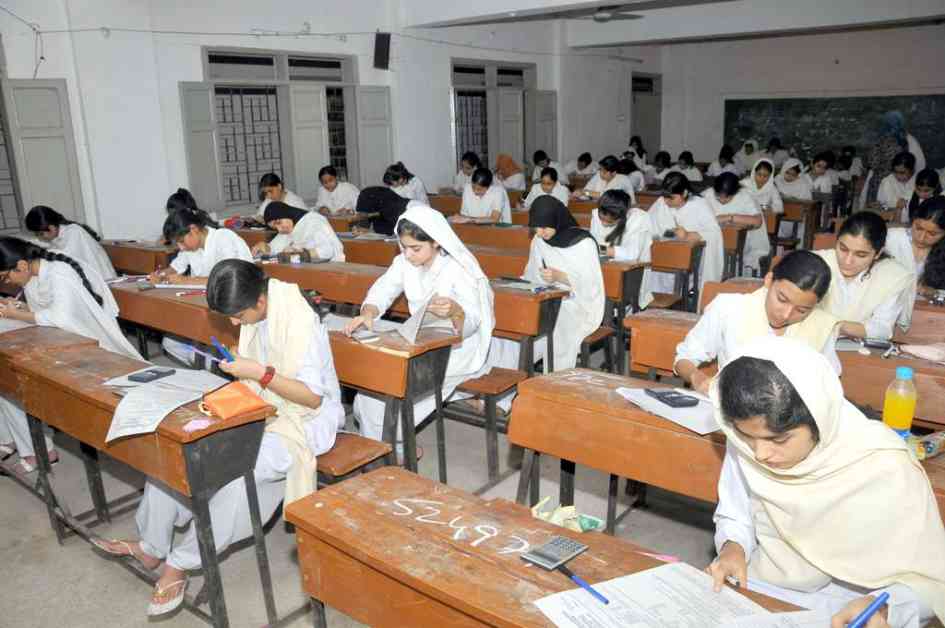Punjab Cracks Down on Exam Paper Leaks with Strict Penalties
In a significant move to combat cheating in exams, the Lahore Education Board in Punjab has implemented new regulations to deter the leaking and sharing of exam papers. This initiative comes in response to a growing concern over the prevalence of cheating in educational institutions across the region.
Three-Year Jail Sentence and Rs. 50,000 Fine for Offenders
Under the newly introduced rules, government officials found involved in leaking exam papers will face severe consequences, including up to a three-year prison sentence, hefty fines, and the risk of losing their jobs. The strict penalties aim to root out corruption and ensure the integrity of the examination process.
Punjab’s Education Minister, Rana Sikandar Hayat, has been at the forefront of this crackdown on cheating, emphasizing the need for a comprehensive approach to tackle the issue. He highlighted the existence of powerful individuals within the ‘booti mafia’ who have exploited the system for their gain.
Uncovering Cheating Networks and Implementing Legal Reforms
During the operation against cheating, authorities uncovered seven independent gangs involved in facilitating cheating through various means, including digital platforms and social media. Private school mafia members, government staff, exam boards, and teachers were found to be complicit in these illegal activities.
Rana Sikandar Hayat revealed that private staff at exam centers were caught red-handed, accepting bribes of up to Rs.10,000 to provide solutions to exam papers for students. To address the loopholes that allowed such practices to thrive, legal reforms have been initiated, starting with the Lahore Board and extending to other educational bodies.
Stricter Measures to Uphold Academic Integrity
In light of the rampant cheating networks and digital facilitation of exam fraud, the government has pledged to enforce stricter penalties and ensure swift justice for offenders. Anyone found guilty of cheating will face immediate imprisonment, with no provision for bail in such cases.
Teacher associations have expressed their support for the government’s efforts to curb cheating and uphold academic integrity in educational institutions. The implementation of stringent anti-cheating laws is seen as a crucial step towards maintaining the credibility of the examination system and promoting a culture of honesty and fairness among students.









